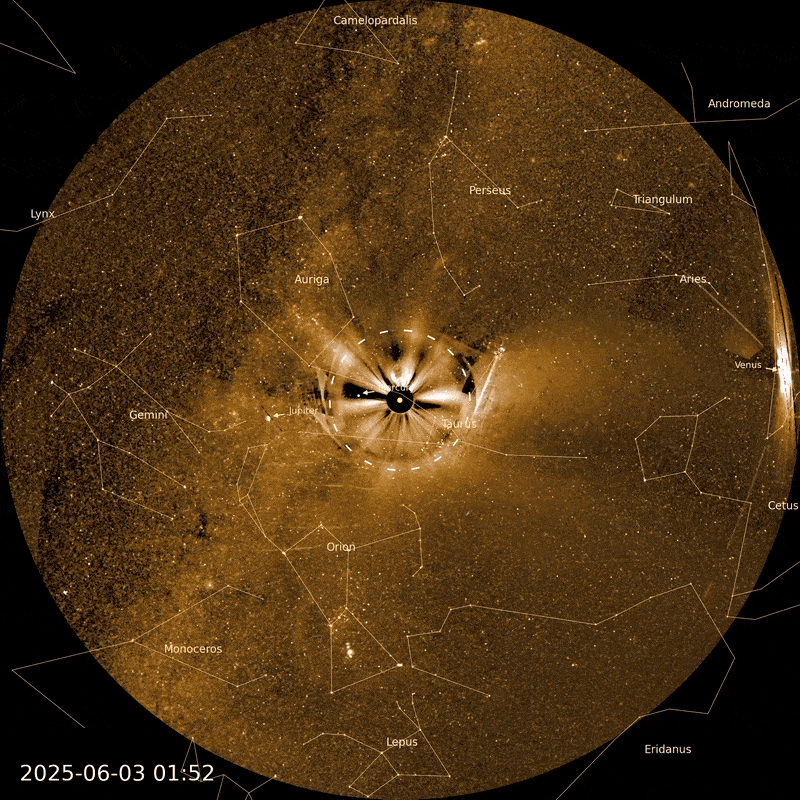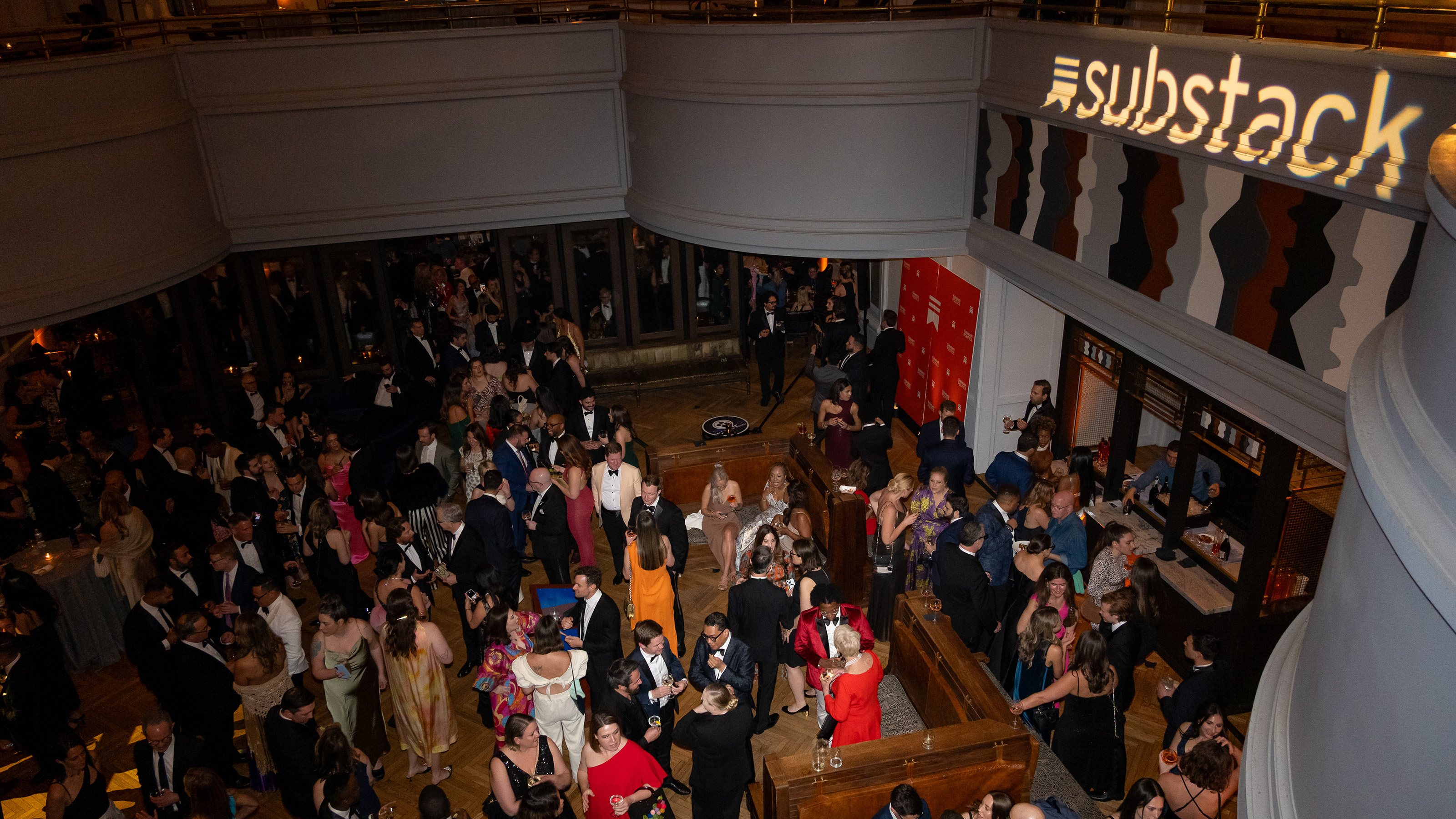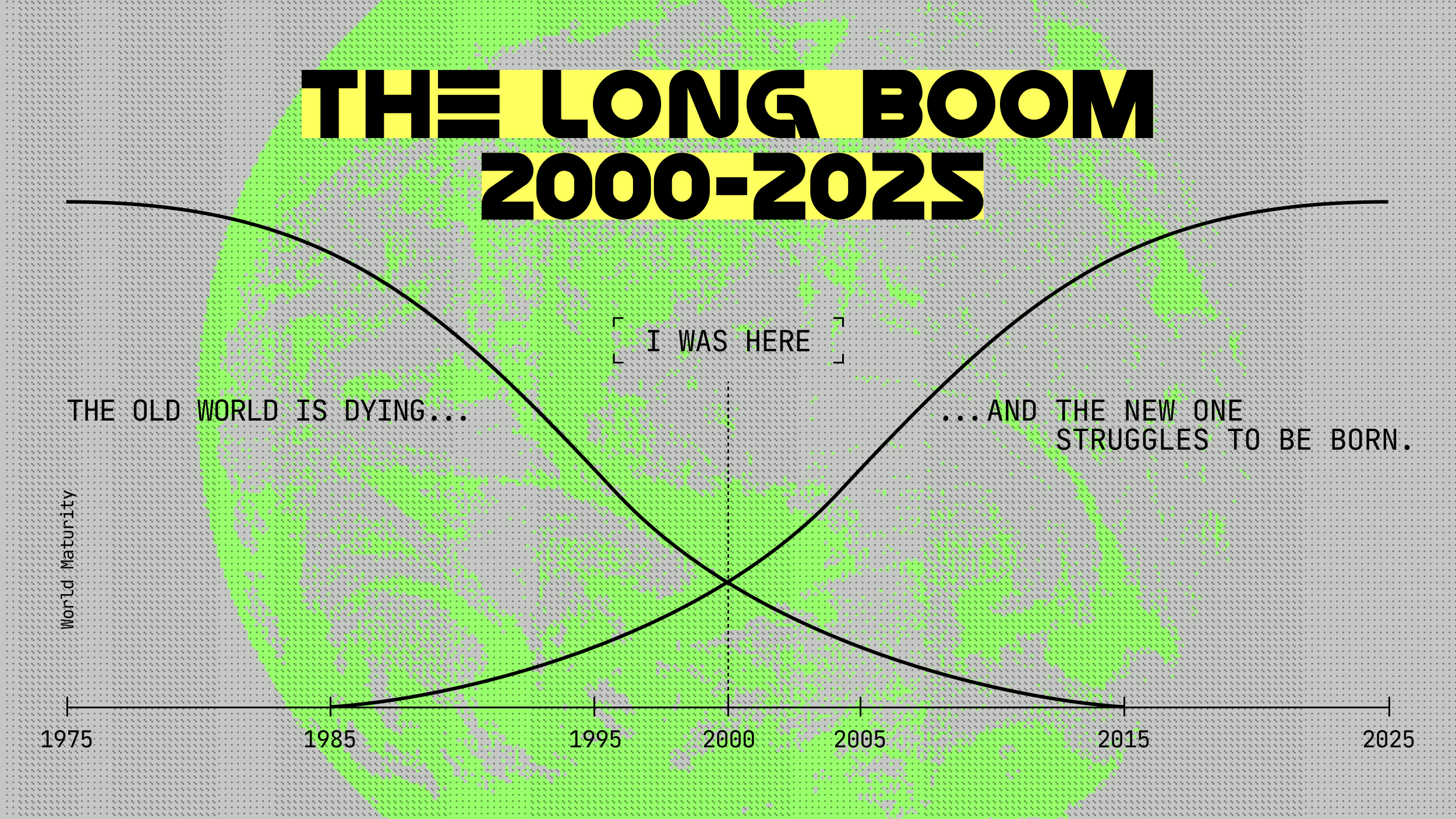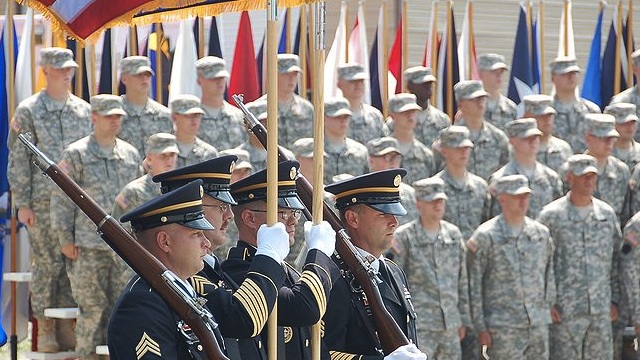The New Normal: New York at Night
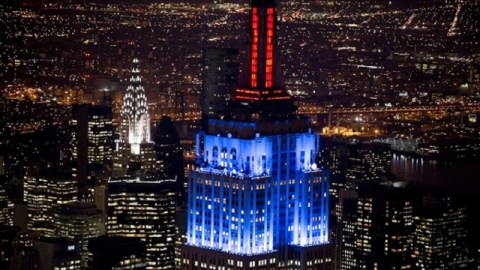
I still remember seeing the Tribute in Light from the New Jersey side of the Hudson. From a distance, the twin beams of light standing where the World Trade Center had before the events of September 11th stood out among the sea of lights of the nighttime New York skyline. Today, that location still throbs like a phantom limb lost to the body of that cityscape. New York at Night features aerial photography by Jason Hawkes and text by New York Times journalist Christopher Gray to sing the body electrified of the surviving skyline. Hawkes breathtaking photos capture the pulse of the city at night, while Gray’s notes and captions guide you through the city like a close friend. Finally, after months of recovery, things “got back to normal,” Gray writes of his city, “the new normal, that is.” New York at Night proves that the new normal is as breathtaking as the old, maybe even more.
Hawkes hangs his camera outside a helicopter to capture his amazing images. Sometimes Hawkes himself hangs outside the copter to get the right shot. Considering the difficulty of still photography in a shaking whirlybird and the challenge of filming at night, Hawkes images are nothing short of miraculous. These are the views that Superman would enjoy soaring above the skyscrapers. Just looking at them makes you feel heroic to be part of the same species that can create such a city and record it through art. As Gray writes, Hawkes “metamorphosed a city of parking lots and metal-choked roofs into a mysterious web of twinkling lights and occasional flares of color.”
Gray introduces the book with a quick history of urban illumination, from candles placed outside homes in the 17th century to Victorian gaslight to Edison’s electric light as a prelude to the 20th century. His only complaint about New York at night is the almost total lack of color. Except for a few red navigation lights, the sole oasis of color is the Empire State Building, which has featured holiday-themed lighting since 1976, when they celebrated the Bicentennial with a red, white, and blue show.
In addition to his encyclopedic knowledge of Gotham architecture from Art Deco to Le Corbusier, Gray sees the city through the eyes of an art lover. Musing on a trail of red tail lights streaming into the midtown distance, Gray imagines a “Christo-like project lurking” in the picture. Gray sees “a little Mondrian” in the GE Building, which becomes “a sort of ‘Rockefeller Boogie Woogie.’” Frank Lloyd Wright’s Guggenheim Museum fits like “a round peg into such a Stalinist-quality grid.” I especially loved Gray’s contrast of the “feminine softness” of “the rounded, sensual arcs” of the Chrysler Building with “the Clark Gable shoulders of the Empire State Building,” which “would never allow a lady to come to harm.” (Both buildings appear in the image above.) Under the cover of darkness, Gray helps Hawkes photos reveal the personality of the city that never sleeps.
The reference to Mondrian came to my mind, too, looking at Hawkes photographs, but I also could imagine a giant Jackson Pollock spraying liquid light across the concrete canvas beneath him to create those scenes. Each photo is simultaneously a recognizable cityscape and an abstract work of art. The nightscape of LaGuardia Airport, for example, becomes a shimmering vortex of light surrounded by the burning spokes of its runways.
The overall tone of New York at Night is celebratory, but it couldn’t avoid the obvious hole in the city’s heart entirely. Beside a photo of the area once blanketed by the debris of the Twin Towers, Gray writes, “Today, the horror is all tidied up, like a fresh crop of green grass on the site of a massacre. But few walk through the district without silent remembrance.” Hawkes photographs twinned with Gray’s writing are the perfect way not just to walk through the city in silent remembrance but to fly high above the sadness, especially on days like today.
[Many thanks to Merrell Publishers for providing me with the image above from and a review copy of New York at Night, photography by Jason Hawkes and text by Christopher Gray.]

